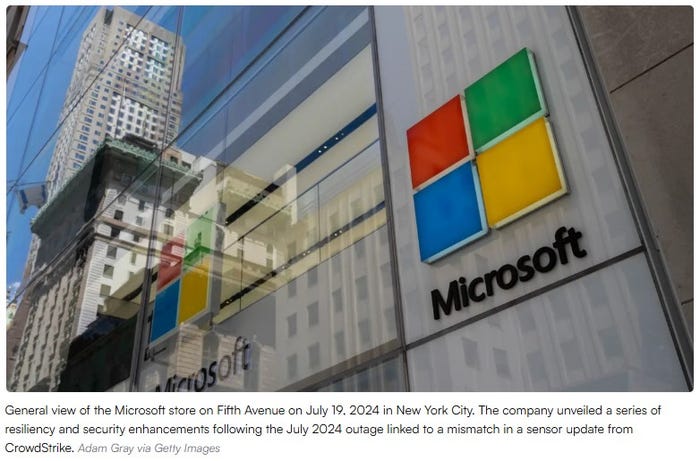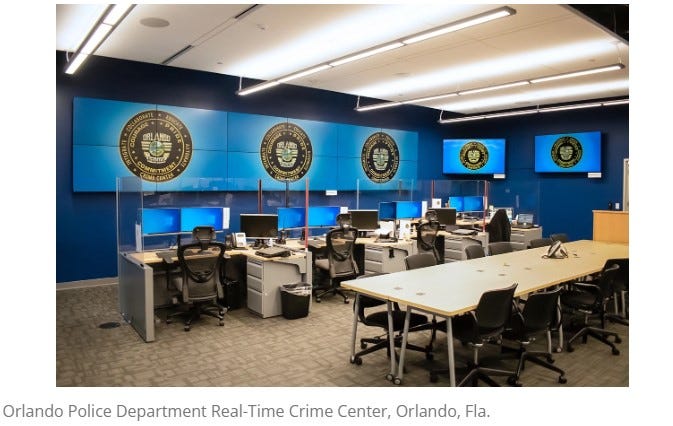COVID-19 economic impact could accelerate LMR-to-LTE shift, L3Harris CEO says

Economic impacts from the COVID-19 pandemic are projected to result in land-mobile-radio (LMR) growth this year dropping 10% this year and “could drive an accelerated shift from LMR to LTE,” L3Harris Technologies Chairman and CEO Bill Brown said today.
L3Harris officials “felt very good” about the company’s LMT growth, which was “close to 20%” last year, Brown said during the company’s first-quarter earnings conference call, which was webcast. However, the COVID-19 impact is projected to result in “$50-$60 million of revenue erosion” in the LMR arena, which was expected “low single digits” prior to the COVID-19 pandemic, he said.
“We’ll see that pretty prominently here in the second quarter,” Brown said during the quarterly conference call. “And probably you’ll see it about the same through the balance of the year. It’s going to be a pretty tough back end of the year for public safety.
“I think beyond 2020, it depends on what happens to the economy—state and local tax revenues. Right now, we’re fighting in Q2 not just a revenue impact but just the fact that you have the states and localities dealing with COVID and not able to work doing an installed system that’s public safety. So, we’re hopeful it could get a little bit better in ’21 [2021], but it’s too soon to say that.”
During the past month, L3Harris has highlighted its work with healthcare efforts initiated in response to the COVID-19 pandemic and its role in a hybrid LMR-LTE network deployment plan in California. The hybrid network is being pursued in cooperation with FirstNet, built by AT&T, which certified the L3Harris P25-LTE handsets last fall
Brown said he believes the challenging economic situation that public-safety agencies will face in the wake of the COVID-19 crisis could result greater adoption of LTE-based solutions in the future.
“On public safety, this could drive an accelerated shift from LMR to LTE,” Brown said. “That’s been gaining some steam with FirstNet. Fortunately, we’ve got a radio that is LMR-LTE capable, both qualified by AT&T and Verizon. So, I think we’re really well positioned for that transition.
“I think that having a domestic supply base here is important in that particular area. We have certain technologies and applications that could allow us to open up new markets that go beyond first responders to health-care providers, and we’ve seen that happen over the last couple of months. So, the state and local finances, I think, will be impacted in the near to medium term, and we’ve tried to capture that in our thoughts. But it could drive an acceleration from LMR to LTE.”
L3Harris CFO Jay Malave also cited challenges in the public-safety LMR business during the company’s quarterly conference call.
“We factored in pressures at our Public Safety Radios business, which in 2019 had $500 million in sales,” Malave said. “This business is focused on state and local municipalities in North America, which are facing budget and operational constraints due to the pandemic leading to an over 10% decline relative to our prior expectation of low single-digit growth.”
Malave said that L3Harris has adjusted its financial guidance downward for the rest of the year, but “the pandemic-related impacts have been nearly offset by management actions.”
L3Harris reported its first-quarter results after announcing yesterday that it has completed the $1 billion sale of its airport-security and automation business to Leidos.





